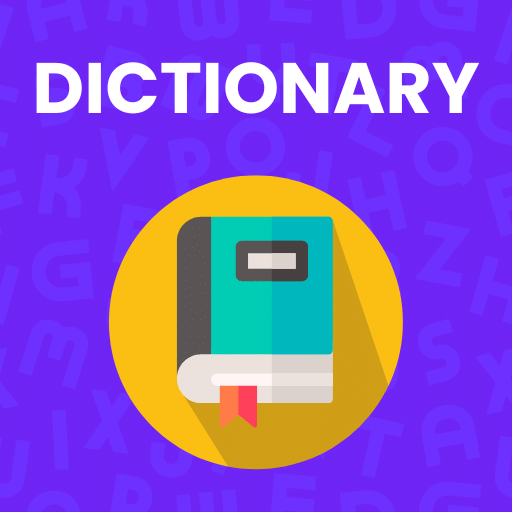
|
INFINITY COURSE
Dictionary Words | Complete Class 6 Course | 33 docs - Eduskill Classes | EduRev8,123 students learning this week · Last updated on Oct 10, 2025 |
|
Join for Free
|
Upgrade to Unlock this CourseUnlock course content with Class 6 Infinity Package Start the Infinity Experience
|
|
Course Analysis
Tests and Content Analysis

|
Content Viewed -- |

|
Tests Attempted --.-- |

|
Total Attempted Questions --.-- |

|
Total Time on Tests --.-- |

|
Correct : Incorrect Questions --.-- |

|
Average Time Per Question --.-- |

|
Average Rank --.-- |

|
Average Percentile --.-- |

|
Average Accuracy --.-- |
Tests Score analysis
Tests Accuracy analysis
Tests Questions analysis
Dictionary Words | Complete Class 6 Course | 33 docs - Eduskill Classes | EduRev Books
Dictionary Words | Complete Class 6 Course | 33 docs - Eduskill Classes | EduRev Notes PDF Download
Dictionary Words | Complete Class 6 Course | 33 docs - Eduskill Classes | EduRev Previous Year Papers
Important Questions for Dictionary Words | Complete Class 6 Course | 33 docs - Eduskill Classes | EduRev

Contact Support
|
Free Exam Preparation
at your Fingertips!
Access Free Study Material - Test Series, Structured Courses, Free Videos & Study Notes and Prepare for Your Exam With Ease

 Join the 10M+ students on EduRev
Join the 10M+ students on EduRev
|

|







